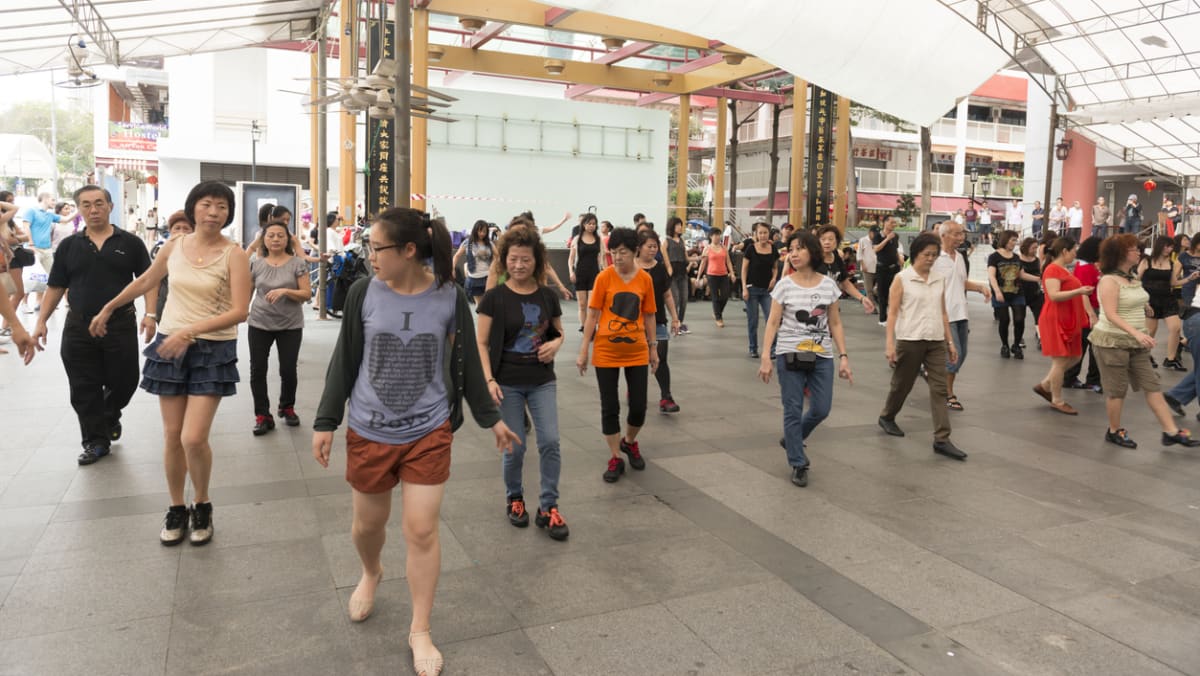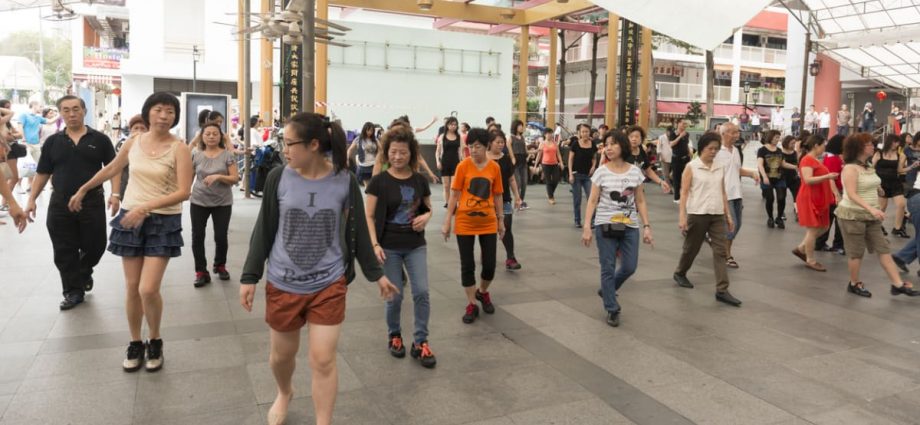
Turning to attrition rates, he said that there has been no mass exodus of local nurses, adding that the record high attrition rate is for foreign nurses, which rose from its usual 8.9 per cent to 14.8 per cent last year.
This was mainly due to the pandemic, which has increased the demand for nurses all over the world, he said, adding that Singapore’s foreign nurses are being poached by other countries including New Zealand and the UK.
Faced with an ageing population and a limited pool of new local talents due to Singapore’s shrinking young population, Mr Ong stressed the need to hold on to foreign nurses in the face of heightened international competition.
“If we are honest with ourselves, we know the numbers simply will not add up if we only rely on local manpower, no matter how hard we try to expand the pipeline,” he said.
“Therefore, if we want to take care of our seniors and the sick, if we want to reduce the workload of healthcare workers, we must expect foreign healthcare workers to play a bigger role in the coming years.”
While the “great majority” of the nursing workforce will still be locals, the number and role of foreign nurses will need to grow, he added.
GUARDING AGAINST ABUSE OF HEALTHCARE WORKERS
During his speech, Mr Ong also delivered a personal message to healthcare workers, to express appreciation and respect for their hard work and sacrifices.
Pointing out that many healthcare workers have faced abuse by patients and family members who lashed out at them, he said that this cannot and should not go unaddressed. He added that MOH hopes to raise public awareness on abusive behaviour that should be stopped, and equip healthcare workers to better handle such situations.
“I believe the great majority of Singaporeans respect and appreciate our healthcare workers,” he said.
“I hope that our healthcare workers will look past a small minority that show disrespect, and have faith that the great majority salute you, which includes everyone in MOH.
“And I believe I speak for every member of this House, and we too respect them and their work, whether they are men or women, young or old, local or foreign.”
CAPITATION-BASED FUNDING
Several members including MP Sylvia Lim (WP-Aljunied) also sought clarification on the new model of funding for healthcare clusters under Healthier SG.
Currently, Singapore funds its three healthcare clusters largely based on their workload such as the number of treatments and operations.
But under the new strategy, it will move towards capitation funding – which will see clusters getting a fixed fee for every person living in the area under their charge, taking into consideration the different risk profiles of patients.
This is to provide the clusters with a fresh incentive to keep residents healthy through preventive care and save some of the funding.
While she noted the benefits of capitation funding, Ms Lim raised concerns that it could also lead to healthcare providers “cherry-picking” their patients.
“With a fixed annual servicing fee, it might make economic sense to choose healthier patients, rather than, for instance, older patients with health problems,” said Ms Lim.
Responding to these concerns, Senior Minister of State for Health Janil Puthucheary said the annual service fee will have a base rate that will differ for enrolled patients with and without chronic conditions.
This is regardless of whether the enrollees, the residents, are compliant with the health plans, said Dr Puthucheary.
On top of this, additional payouts will be provided upon the completion of critical care components recommended in the GPs’ care protocols and the residents’ health plan.
Dr Puthucheary said – for a start – this means that doctors will be paid not on the basis of whether their patients’ blood pressure or blood sugar levels have come down but rather, whether they engaged with the interventions that would help to bring down the blood pressure and blood sugar.
He added that this will help to minimise the impact of cherry-picking as GPs had shared that educating and encouraging patients to turn up for screening requires dedicated time and effort.
Meanwhile, Mr Ong reassured that the shift to capitation funding is being done step-by-step and carefully.
While clusters have already been shifted to a capitation-based funding model, this has not been implemented for hospitals, polyclinics and community hospitals yet, he said.
“Capitation funding is a direction we want to move towards. But this is a big change, and we will have to study and plan each move carefully, make sure every partner is ready,” he said.
“When it happens, it must be accompanied by significant granting of autonomy, so that healthcare institutions can make the right siting decisions.”
TRADITIONAL CHINESE MEDICINE
Responding to questions about the role of traditional Chinese medicine (TCM) in the new healthcare strategy, Mr Ong said this is still being worked out.
Earlier, during his speech, Leader of the Opposition Pritam Singh (WP-Aljunied) had suggested extending the use of Medisave for more TCM procedures and alternative therapies that have a proven role in the management of general health as well as prevention of chronic diseases.
He added that TCM practitioners can also be leveraged to achieve the country’s vision of improving the health of the entire population, noting their significant footprint on local communities.
“MOH should tap on them to help share healthy living tips and preventive healthcare strategies and not just to our seniors,” said Mr Singh.
While authorities are still working out how TCM can better complement Healthier SG, Mr Ong shared that two ongoing workgroups are looking at issues such as enhancing TCM clinical training and improving career development.
Once completed, it can be a basis to explore how to involve TCM in support of Healthier SG, he said.
HELPING SENIORS
Second Minister for Health Masagos Zulkifli and Senior Parliamentary Secretary for Health Rahayu Mahzam also took turns to address MPs’ concerns on engaging seniors and ensuring that those who are less IT-savvy will not be left out.
Ms Rahayu said support will be provided for those who need help navigating the programmes such as through the eldercare centres and community centres.
Meanwhile, Mr Masagos said there are active ageing programmes in every neighbourhood, with door-to-door preventive health visits also being conducted for seniors.
He said that between 2012 and 2020, the Government added around 6,000 daycare places and 5,500 home care places to cater to seniors and that transport is provided to those who need it.
Eldercare centres have also been collaborating with the Infocomm Media Development Authority to hold digital literacy workshops for seniors, with programmes aimed at helping them to learn how to use Healthy 365 and HealthHub.

